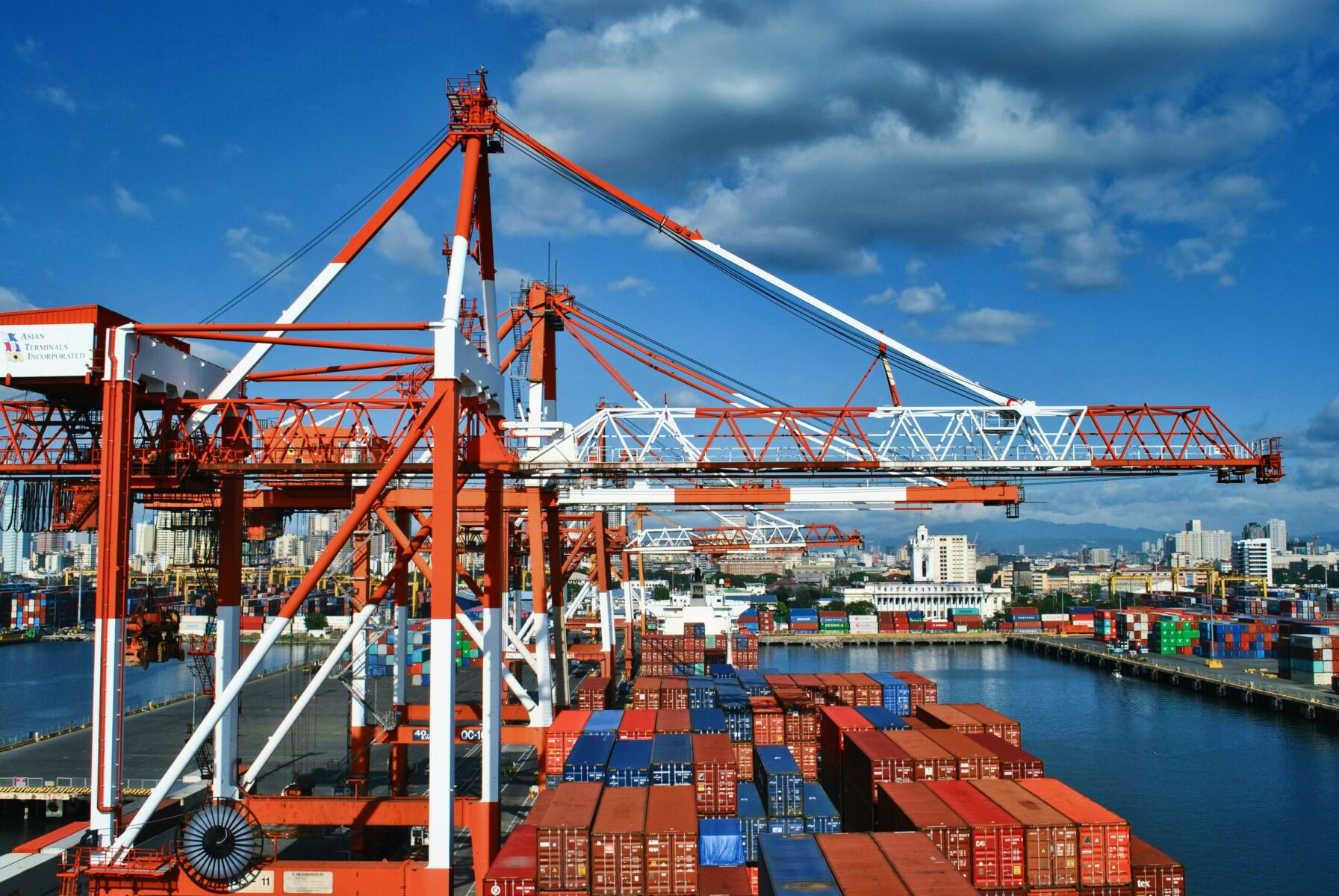Thai economy predicted to bounce back in Q2 despite sluggish start

The Joint Standing Committee on Commerce, Industry and Bangkok (JSCCIB) indicated that the Thai economy, which is set to experience sluggish growth this year, is expected to pick up in the second quarter. This projection is attributed to the anticipated state budget spending and a reduction in tension within the Red Sea region.
The National Economic and Social Development Council has forecasted GDP growth of 2.7% for the year as fuel consumption recorded a downturn in January. Kriengkrai Thiennukul, Federation of Thai Industries chairman, predicts that the economy will see improvement in the second quarter as the trade tensions caused by Houthi rebel attacks should ease, positively impacting international commerce.
The government has previously announced that the parliamentary session to review the budget allocation for fiscal 2024 should be finalised by April. The Thai economy is also poised to benefit from a rebound in tourism and exports, with the Chinese economy predicted to grow by 5% this year.
The JSCCIB expects the number of foreign arrivals to hit the government’s target of 35 million this year, a projection also shared by the Tourism Authority of Thailand. This is in part due to the government’s visa-free policy aimed at attracting more foreign tourists.
Kriengkrai suggested that the government should introduce new measures to stimulate the economy and boost consumer spending. He also stressed the need for the government to focus on exports to drive the economy. He noted that while exports are increasing, the pace of recovery is sluggish and new markets for Thai products are needed.
Consumer spending is reportedly weak due to high household debt levels, which are estimated to be over 90% of GDP. Small and medium-sized enterprises are also struggling to access financing.
Thai economy
The JSCCIB maintains its GDP growth forecast for the year at between 2.8 and 3.3%, with exports expected to grow by 2 to 3% and inflation projected at 0.7 to 1.2%. This projection is dependent on the government’s implementation of its contentious digital money handout scheme worth 10,000 baht (US$280), reported Bangkok Post.
Meanwhile, the Department of Energy Business reported a 5.2% year-on-year decrease in total fuel consumption to 153.3 million litres per day (MLD) in January. Diesel consumption fell by 11.4% year-on-year to 69.3 MLD, while demand for gasoline and gasohol increased by 2.7% to 32.2 MLD.
Liquefied petroleum gas demand dipped by 1.6% year-on-year to 16.2 million kilograms per day due to a slowdown in the petrochemical industry in Asia. However, jet fuel consumption saw a significant rise of 15.6% year-on-year to 16.3 MLD, primarily due to the visa-free scheme that has boosted foreign visitor travel.
Latest Thailand News
Follow The Thaiger on Google News:


























